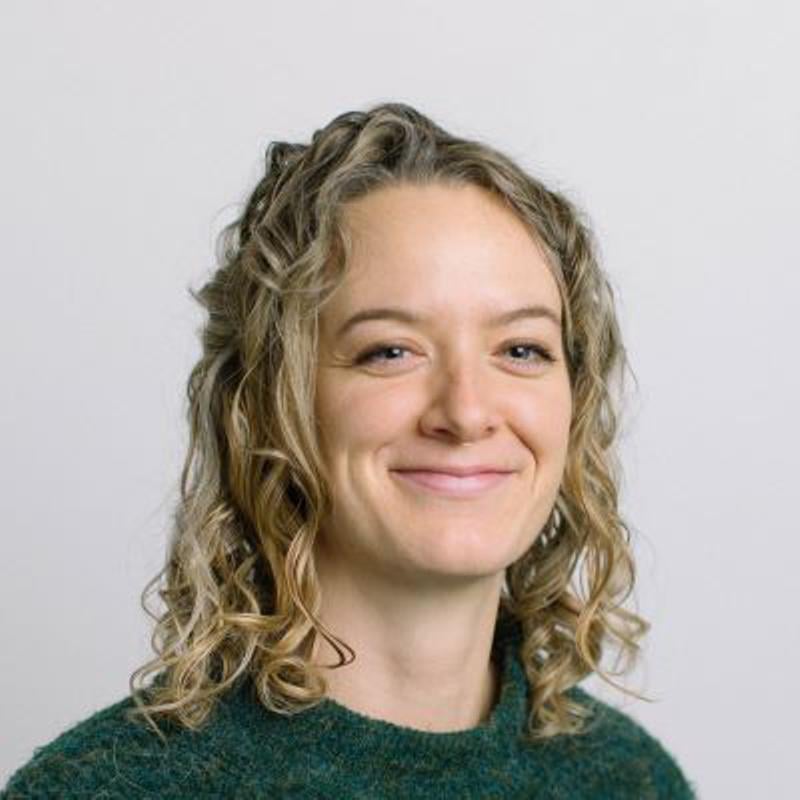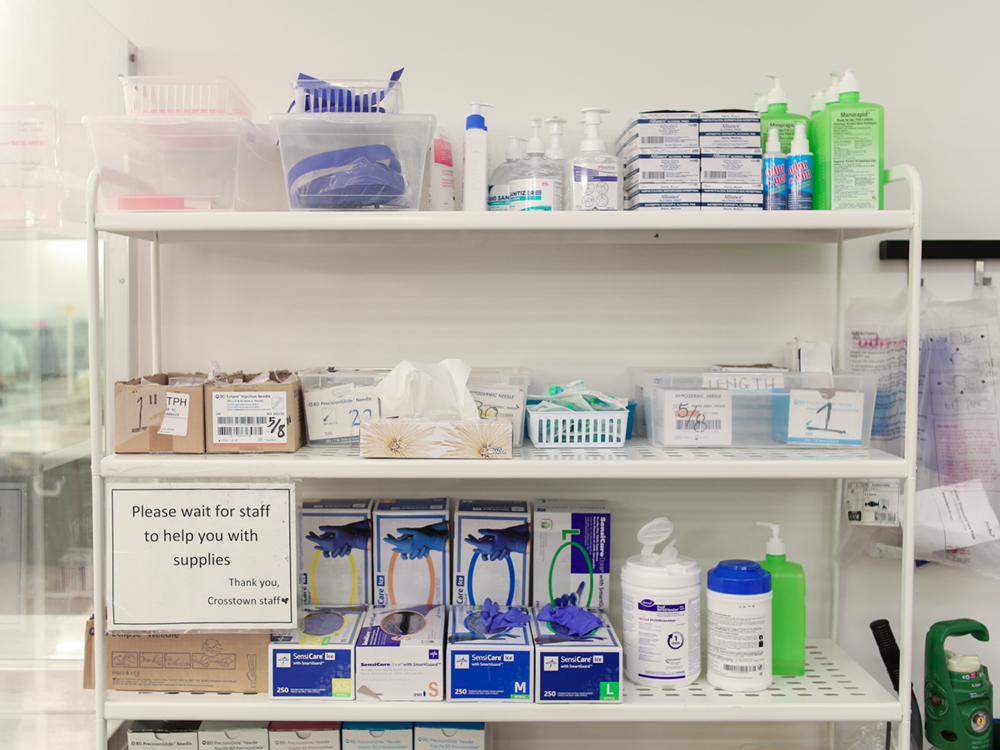Richmond city council held two rowdy nights of public hearings this week after tabling a motion on whether or not the city should look into bolstering its harm reduction services.
Late last night, council voted eight-two in favour of asking city staff to analyze the potential benefits and challenges of opening a supervised consumption site near Richmond Hospital, and collaborating with Vancouver Coastal Health to fund and provide harm reduction services on site.
On Wednesday VCH released a statement that said “based on the latest public health data, a stand-alone supervised consumption site is not the most appropriate service for those at risk of overdose in Richmond.” Stand-alone sites work best in communities with a high concentration of at-risk people.
There are more than 1,000 people with opioid use disorder and 600 people with stimulant use disorder in Richmond and 172 residents have died from toxic drug overdose since a public health emergency was declared in 2016, the statement added.
From here the health authority will look into what harm reduction services would be most relevant for the area, says Dr. Meena Dawar, VCH medical health officer for Richmond.
It’s too early to say what those expanded services could look like, Dawar said, adding the city already has places that offer treatment and overdose prevention, and that hand out safe injection supplies and naloxone.
“I’m pleased city council is taking leadership and talking about the severity of the overdose crisis and looking at analysis and solutions,” Dawar said. “What we need is more conversations and a collaborative approach to addressing stigma, supporting peers, expanding treatment services and harm reduction services and hearing from clients about gaps in the system.”
Last year 26 people died from toxic overdose in Richmond, and overdose calls jumped to 27 in 2023, up from 19 in 2022, says Richmond Councillor Laura Gillanders.
Gillanders said this “dramatic increase” in overdose calls and the concerning trend of more people using drugs and dying while on the streets led her and Councillor Kash Heed to bring forward the motion to ask VCH to consider opening a supervised consumption site in their city.
A year ago the majority of overdose deaths happened indoors, but over the last year more than half of the fatalities were outside, six were in commercial spaces and seven in private residences, she said.
Gillanders attributes this shift to a rise in homelessness and a lack of capacity at shelters. Richmond shelters also often serve refugees who land at the nearby YVR airport, meaning shelter needs are higher than they might initially seem when looking at the city’s population.
After B.C.’s decriminalization pilot project, which lets people carry up to a combined 2.5 grams of opioids, cocaine, methamphetamine or MDMA, kicked off in Jan. 2023, there has also been an increase in public complaints about open drug use, Gillanders says.
“After decriminalization people seemed to notice drug use in front of their condo or on a public bench, but we don’t have a supervised consumption site to tell them to move along to, so it seems like a good time to ask VCH to open one,” she says.
“I’m proud to be a part of this council where a majority of councillors recognize the urgent need for more access to resources for substance use disorder in our community where there’s been a dramatic increase in deaths,” she said. “I’m hoping this will be one step toward seeing this overdose crisis in our city and country turn around.”
But the idea of bringing a supervised consumption site to Richmond is proving controversial among the city’s populace.
During the public hearings emotions ran high as people passionately argued for and against the site.
The vast majority of speakers argued against the site, citing concerns that opening a site would encourage drug dealers to come to Richmond, signal to children that drugs were socially acceptable and increase rates of crime and violence in their neighbourhoods.
Other speakers pushed back, saying that drug dealers are already in Richmond, that harm reduction services don’t encourage drug use and that a supervised consumption site would give people a safe indoor place to use their drugs, meaning people wouldn’t have to witness it on the streets.
Almost everyone who argued against the site spoke about a perceived threat to their personal safety and a desire for government to focus spending on policing and treatment and recovery services.
At the end of the public hearings, Richmond councillors pushed back against some of the things they’d heard, emphasizing that supervised consumption sites save lives, reduce infectious disease transmission and help connect people with services such as treatment.
People opposed to the site also often cited a very strong moral opposition to drugs.
Mayor Malcolm Brodie reprimanded the gathered crowd several times both nights for applauding, heckling and accusing Councillor Heed of acting in bad faith when he brought the motion forward, an accusation that Heed vigorously denied.
When the time came for council to vote on the matter, the crowd was yelling so loudly that Heed was not able to share his closing remarks.
Several people also spoke passionately in favour of the site, including Daniel Remedios, executive director of the Richmond Addiction Services Society.
Remedios said he was concerned to hear people conflating poverty, mental health and homelessness with drug use and using that conflation as reason to be opposed to a supervised consumption site. These sites are only focused on reducing harm, keeping people alive and connecting them with services, he said.
“People will continue to die if we do nothing,” he added.
Remedios pointed to InSite in Vancouver, which he says is the most comparable to what a hypothetical supervised consumption site could look like if one was opened in Richmond. In its 20 years of operation InSite has had more than 4.6 million visits and still hasn’t had a single fatality, he said.
Supervised consumption sites also reduce healthcare costs for taxpayers by 30 per cent by freeing up first responders and other health-care resources, Remedios added.
Leslie McBain, who co-founded Moms Stop the Harm in 2016 after her son died consuming toxic drugs, said her son might be alive today if he had been able to access drug testing and supervision from a supervised consumption site.
Guy Felicella, a peer clinical advisor with the BC Centre on Substance Use, also spoke in favour.
Felicella, who used drugs for many years, told the crowd he was “brought back to life at supervised consumption sites many times” after overdosing. Supervised consumption sites helped him build the relationships with health care providers that would eventually help him get into treatment and to sobriety.
“My kids exist because of these sites,” he says.
Felicella also pushed back at some of the stigma he heard at the public hearing from people opposed to the site.
“You can’t build relationships with people in alleys, but after listening tonight I understand why people might not want to come forward for help,” he said. “We’re talking about people with complex needs who are not disposable. We don’t have to be so mean when talking about our most vulnerable members of our society.”
Corey Ranger, president of the Harm Reduction Nurses Association, did not attend the public hearings but commended Richmond on being leaders in taking an “important step” to prevent overdose deaths in their community in the context of the ongoing unregulated toxic drug overdose crisis.
“Every one of those 26 deaths was preventable,” he says. “Nobody has to die here.”
Supervised consumption sites are hygienic places where nurses can offer evidenced-based care to prevent wounds, disease transmission and death, Ranger says.
At the end of the public hearing Mayor Brodie re-emphasized how Richmond will be “investigating the possibility of having VCH set up and fund a program.”
“I’m convinced that if this site comes to fruition and it was decided that a safe consumption site should be set up, then more people will get into treatment, more drugs will be tested, drugs will be done in a safer way and in the end fewer people are going to die. That’s why I support this,” Brodie said. ![]()
Read more: Health

















Tyee Commenting Guidelines
Comments that violate guidelines risk being deleted, and violations may result in a temporary or permanent user ban. Maintain the spirit of good conversation to stay in the discussion and be patient with moderators. Comments are reviewed regularly but not in real time.
Do:
Do not: